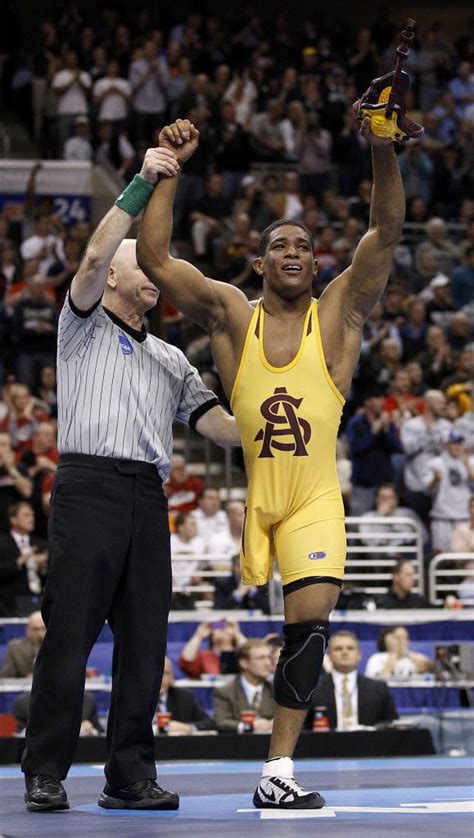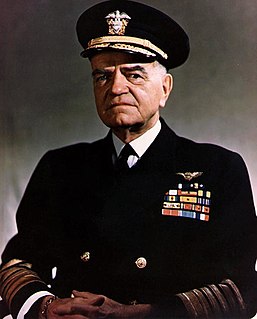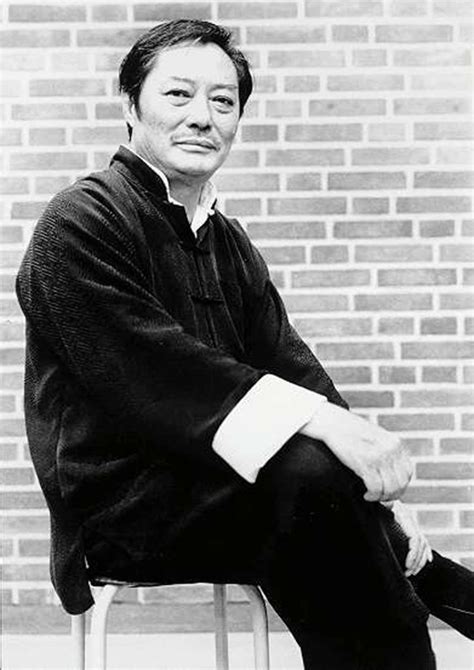A Quote by Morihei Ueshiba
Opponents confront us continually, but actually there is no opponent there. Enter deeply into an attack and neutralize it as you draw that misdirected force into your own sphere.
Related Quotes
IN THE ART OF PEACE we never attack. An attack is proof that one is out of control. Never run away from any challenge, but do not try to suppress or control an opponent unnaturally.. Let attackers come any way they like, and then blend with them. Never chase after opponents. Redirect each attack and get firmly behind it.
You can ensure the success of your attacks if you only attack places that are undefended. You can ensure the safety of your defense if you only hold positions that cannot be attacked. Therefore, that general is skillful in attack whose opponent does not know what to defend; and he is skillful in defense whose opponent does not know what to attack.
In Ireland, novels and plays still have a strange force. The writing of fiction and the creation of theatrical images can affect life there more powerfully and stealthily than speeches, or even legislation. Imagined worlds can lodge deeply in the private sphere, dislodging much else, especially when the public sphere is fragile.
We continually forget that the sphere of morals is the sphere of action, that speculation in regard to morality is but observation and must remain in the sphere of intellectual comment, that a situation does not really become moral until we are confronted with the question of what shall be done in a concrete case, and are obliged to act upon our theory.
[Admiral Nelson's counsel] guided me time and again. On the eve of the critical battle of Santa Cruz, in which the Japanese ships outnumbered ours more than two to one, I sent my task force commanders this dispatch: ATTACK REPEAT ATTACK. They did attack, heroically, and when the battle was done, the enemy turned away. All problems, personal, national, or combat, become smaller if you don't dodge them, but confront them. Touch a thistle timidly, and it pricks you; grasp it boldly, and its spines crumble. Carry the battle to the enemy! Lay your ship alongside his!
People often find it easier to refute a fake extreme opponent than a more cautious real one, so they knock down the straw man instead. It is actually worth the trouble to identify the invalid forms of argument, and to learn their names. Not only can you then avoid them yourself; you can also identify them in opponents. If you call your opponent's errors by their Latin names, you can make it look as though he or she is suffering from a rare tropical disease.
In executing an Artful Strategy: When ten times greater, surround them; When five times greater, attack them; When two times greater, scatter them. If the opponent is ready to challenge: When fewer in number, be ready to evade them; When unequal to the match, be ready to avoid them. Even when the smaller opponents have a strong position, the larger opponent will capture them.
I think the kicks in Wing Chun are enough. It´s much easier to use your hands than to use your feet. Your hand is able to reach your opponent long before your foot. Why take the long way to attack (circle), when there is a much more direct method of attack? If you are using your hands, then your opponent can´t see a kick coming if you have to use it. When you teach Kung Fu, you can fool a lot of people, but not yourself. You can make like a movie and do many complicated movements and kicks, but you only fool yourself as to whether that would work in a real situation of life and death.



































